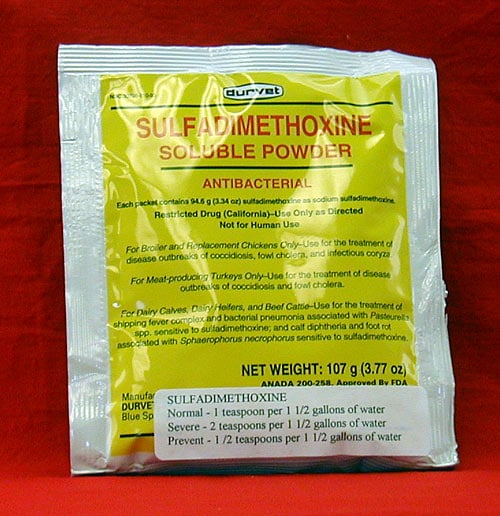- Jul 9, 2013
- 9
- 0
- 7
Here are photos of my d'uccle rooster Buckley. He is an old guy that I rescued and has become the love of my life. Sorry that the pics are blurry-hard to hold him and take a picture at the same time. As you can see the area around his eyes is very swollen and there is a smelly discharge. His breathing is somewhat labored also. His nasal passages are clogged with mucus. Buckley's appetite is fair to poor and he is lethargic. Can anyone give me suggestions as to what I should do ? Thank you in advance for your help. Gayla
Last edited:




